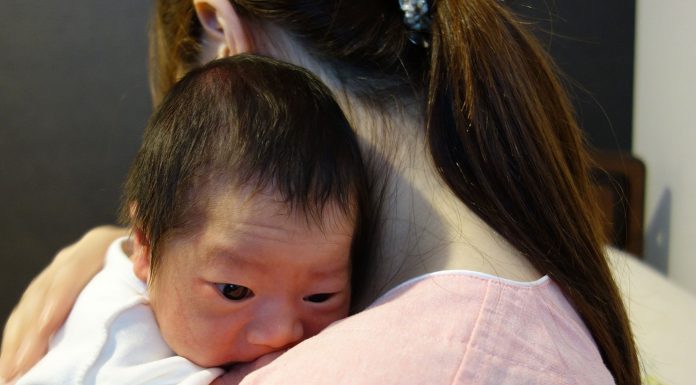Plunket is urgently appealing for $150,000 to maintain community programmes while proposing restructuring its non-nursing services in the central region with the loss of 19 jobs – including two clinical services manager positions.
A Plunket spokeswoman Jen Riches last week confirmed that Plunket was proposing disestablishing 53 positions in the Central region’s – which covers the North Island south of Auckland – and replacing them with 34 positions. The positions relate to administrative, leadership, and community services roles with Plunket’s government-funded Well Child nursing services not included in the Central region restructuring proposal but the New Zealand Nurses Organisation (NZNO) says Plunket does propose moving from four clinical services manager (i.e nurse leader) positions to two.
This month Plunket chair Christine Lake has also sent out a public appeal seeking “urgent support to raise $150,000 by 5th March 2018 so Plunket can keep life-changing community programmes running”. She said childcare and parenting groups were not easily accessible in high need communities and Plunket trained and supported volunteers with the skills needed to develop playgroup and manage other programmes that led to “more supportive, connected communities”.
The Central region proposal follows Plunket consolidating its regional societies into a single entity last year. Riches said Plunket was focused on providing a “consistent range of community services” to families across the country including how to “best support consistent and equitable service delivery” in the central region where Plunket would be serving around 19,00 new babies and their families in the coming year.
The proposal is for 53 staff to have their roles disestablished and to be replaced with 34 roles – 18 of these to be re-confirmed roles, 15 contestable roles and one newly created role. Riches said the proposal was “by no means a decision” and there was still some way to go before decisions were made.
Chris Wilson, NZNO’s industrial advisor for the primary health care sector said it was currently in a “robust consultation” with its affected members before making a submission to Plunket. She said a number of the job changes were due to the Central Region proposing reducing the number of operating areas to two. She said this included reducing the number of clinical services managers (nurse leadership positions) from four to two while having the same number of clinical leaders and nurses to manage. The proposal also included reducing the number of administration team leaders from 6 to two and a reduction in administrator roles.
Wilson said it appeared the changes would lead to less people managing more staff in a centralised structure.
“Our initial concerns would therefore be sustainable workload management for the staff affected and equitable access for rural and smaller communities to appropriate Plunket services.”
In late 2016 Plunket voted at its national annual general meeting to consolidate its 14 area societies into a single national charitable trust by the end of 2017 to enable Plunket “to deliver more equitable outcomes for its community services” and manage its property more efficiently. Lake said at the time that while Plunket delivered Well Child services in most part of the country. through its Ministry of Health contracts, its other services – such as parenting education programmes and play groups – were “not being universally provided because of a lack of local volunteers and fundraising”. She said as a charity Plunket relied on the effort and generosity of supporters to keep delivering its services that weren’t funded through government contracts.
NB article updated at 3pm January 29 to include NZNO comment






















